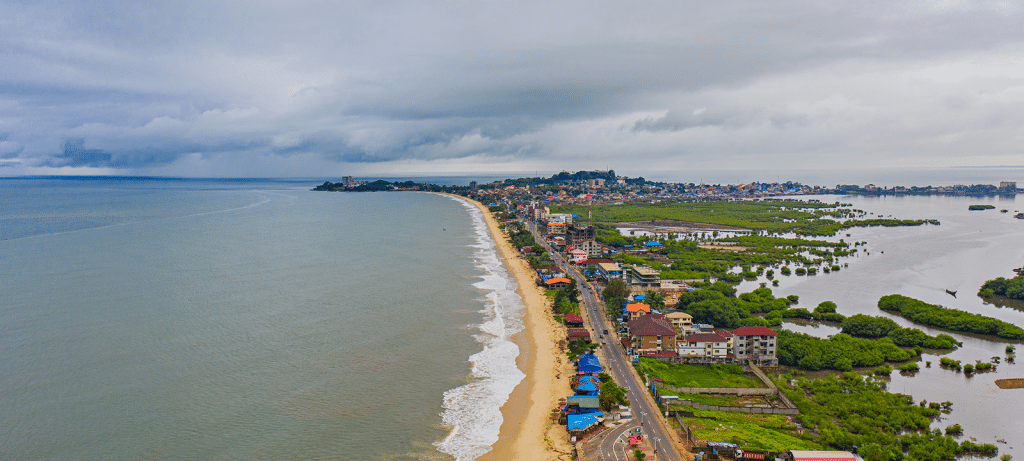Madagascar, Somalia, Ghana and Sierra Leone are the African countries to benefit from the 1.26 billion dollars in investments announced by the Green Climate Fund (GCF) at the end of its 38th Board of Directors meeting in Kigali, Rwanda. Somalia, which has been badly affected by four years of drought and is also seeking to regain a degree of economic stability, will be able to benefit from $100 million in climate action investments.
These investments will be made from mid-2025, as part of the GCF’s “50by30” vision to establish a fund capable of managing $50 billion by 2030, “with a clear focus on helping the countries and communities most vulnerable” to climate change. One of the sectors targeted by the $100 million investment programme in Somalia is solar energy, to give people access to clean electricity. Over the next few years, the GCF plans to support projects to strengthen climate-smart agriculture, resilience and food security.
Coastal resilience in Sierra Leone
At the same time, the GCF will release $26.9 million to support the implementation of the Sierra Leone Coastal Resilience Project (SLCRP). It aims to increase the climate resilience of coastal communities and ecosystems in this West African country. In Sierra Leone, climate change is manifesting itself in the intrusion of salt water into coastal areas, forcing agriculture further inland, leading to deforestation and coastal erosion.
Read also- AFRICA: climate change will plunge 200 million people into famine
The funding provided by the GCF will cover the water, sanitation and hygiene (WASH) sector. It will also support climate-resilient livelihood practices for farmers and fishermen, improve food value chains, promote sustainable resource use and management, and conserve and restore mangroves for coastal resilience.
Food security in the face of drought in Madagascar
Madagascar’s agricultural sector is also under threat from climate change, which is exacerbating droughts, particularly in the south of the island. To support the resilience of local populations faced with food insecurity, the GCF is pledging $150.8 million to finance the strengthening of agricultural production systems, increasing incomes through better access to markets, and improving food and nutritional security.
These objectives will be pursued as part of the Inclusive Agricultural Value Chains Programme (DEFIS+), implemented with the support of the International Fund for Agricultural Development (IFAD). This initiative should benefit at least 4 million Madagascans.
Mitigating climate change through solar power in Ghana
In Ghana, the Green Climate Fund has identified solar energy as a solution for mitigating climate change. The financial institution based in Incheon, South Korea, has therefore decided to grant 31.6 million dollars to finance the Accelerating Solar Action Programme (Asap). Co-financed by Ecobank Ghana, the programme uses concessional financing to promote the adoption of solar photovoltaic systems by micro, small and medium-sized enterprises (MSMEs) and households.
Jean Marie Takouleu
